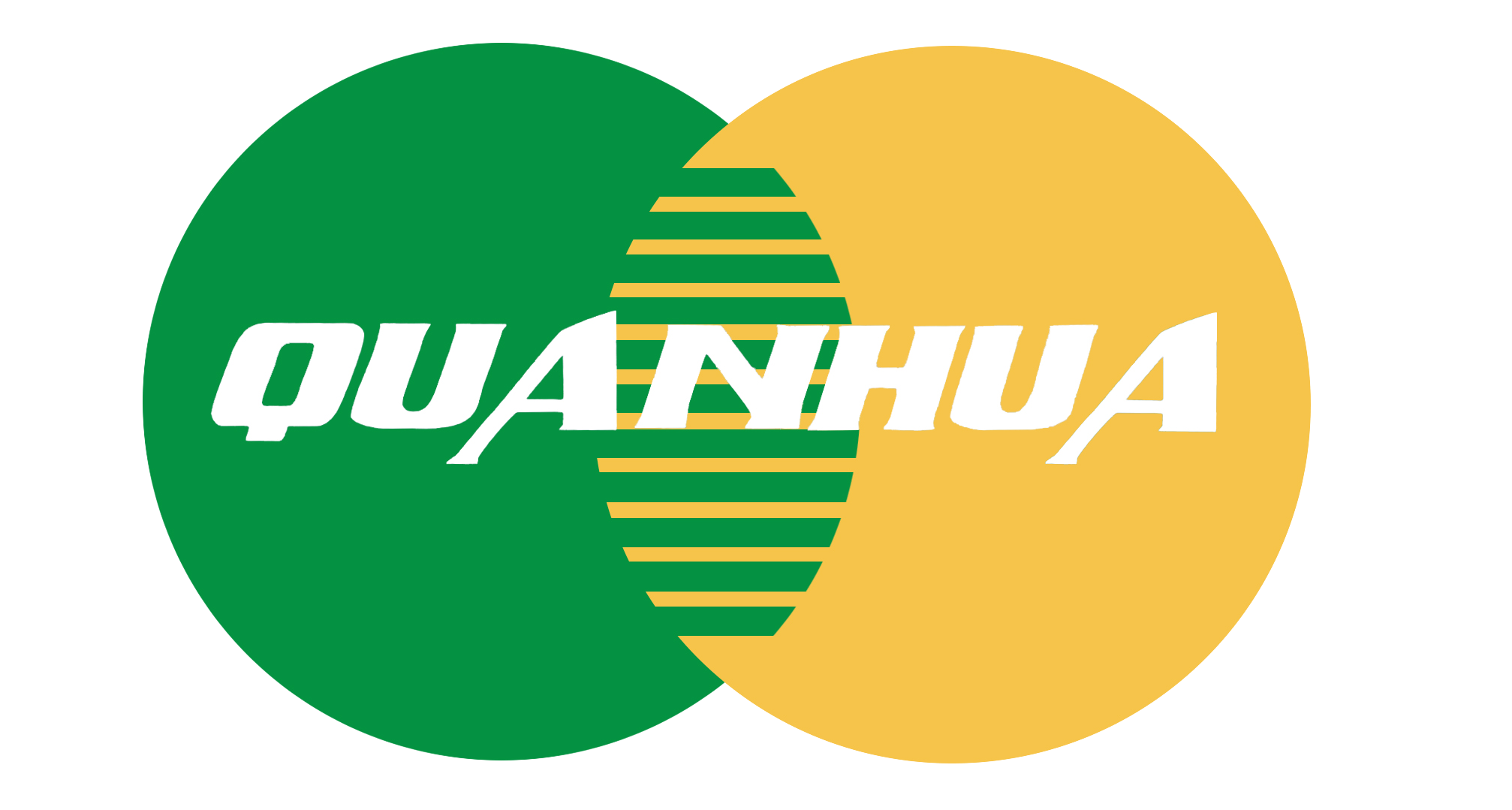Cornstarch Forks: The Sustainable Choice You Need to Know About
Explore the world of cornstarch forks! Delve into their eco-friendliness, functionality, and how they compare to regular plastic forks.
As environmental concerns continue to escalate, the search for sustainable alternatives to traditional plastic products has gained momentum. Among these alternatives, cornstarch forks are emerging as a compelling choice for eco-conscious consumers and businesses alike. This article provides a comprehensive look into cornstarch forks, exploring their environmental benefits, functionality, and how they stack up against conventional plastic cutlery.
What Are Cornstarch Forks?
Definition and Composition
Cornstarch forks are made from cornstarch, a natural by-product of corn processing. The cornstarch is transformed into a bioplastic through a process that involves mixing it with water and other biodegradable materials. This results in a fork that not only functions like traditional plastic but also offers significant environmental advantages.
Manufacturing Process
The production of cornstarch forks involves several steps:
Raw Material Preparation: Cornstarch is mixed with water to create a dough-like substance.
Molding: The dough is then molded into fork shapes using specialized machinery.
Drying and Hardening: The molded forks are dried and hardened to achieve the desired strength and durability.
Environmental Benefits of Cornstarch Forks
- Reduced Environmental Impact
Biodegradability: Unlike traditional plastic forks, cornstarch forks are designed to break down into natural components within a few months under composting conditions. This reduces the environmental footprint and alleviates issues related to plastic pollution.
Renewable Resources: Cornstarch is derived from corn, a renewable resource, making cornstarch forks a more sustainable option compared to petroleum-based plastics.
- Lower Carbon Footprint
Manufacturing Efficiency: The production of cornstarch forks typically involves less energy and emits fewer greenhouse gases compared to conventional plastics. This results in a lower overall carbon footprint, contributing to a reduction in global warming.
- Compostability
Soil Enrichment: When disposed of in a composting facility, cornstarch forks decompose into compost that enriches the soil. This provides a dual benefit of reducing waste and enhancing soil health, which supports sustainable agriculture and gardening practices.
Functionality and Performance
- Durability
Strength and Usability: Cornstarch forks are engineered to be strong and functional. They are designed to handle a range of foods and temperatures, making them suitable for various dining scenarios, from casual picnics to formal events.
- Comparison to Traditional Plastic Forks
Performance: While cornstarch forks offer similar performance to traditional plastic forks, their environmental benefits set them apart. They are capable of performing the same functions without contributing to long-term plastic pollution.
Cost Considerations: Although cornstarch forks may have a higher upfront cost compared to plastic forks, the long-term benefits of reducing environmental impact and meeting sustainability goals often outweigh these initial expenses.
Industry Experience and Expertise
- Leading Manufacturers
QUANHUA is a prominent manufacturer specializing in cornstarch cutlery. Their experience and expertise in the production of biodegradable products ensure that their cornstarch forks meet high standards for quality and environmental performance.
- Innovation and Quality
QUANHUA employs advanced technology and research to produce cornstarch forks that are durable, functional, and eco-friendly. Their commitment to innovation and quality ensures that businesses receive products that align with the latest sustainability trends and customer expectations.
Choosing the Right Cornstarch Forks
- Certification and Standards
When selecting cornstarch forks, look for products that are certified for compostability. Certifications such as ASTM D6400 or EN 13432 indicate that the forks meet specific standards for biodegradation and environmental impact.
- Supplier Reliability
Choosing a reputable supplier like QUANHUA ensures that you receive high-quality cornstarch forks that adhere to international standards. Reliable suppliers offer consistent product quality, timely delivery, and excellent customer support.
- Integrating into Operations
Consider how cornstarch forks will fit into your operations, including storage, handling, and disposal. Educating staff and customers about the benefits and proper disposal of cornstarch cutlery can maximize its environmental benefits.
Conclusion
Cornstarch forks represent a sustainable and practical alternative to traditional plastic cutlery. With their biodegradability, lower carbon footprint, and compostability, they offer a compelling choice for businesses and consumers looking to reduce their environmental impact. Leading manufacturers like QUANHUA provide high-quality cornstarch forks that meet rigorous standards, supporting a transition towards more eco-friendly dining solutions. Embrace the benefits of cornstarch forks and contribute to a greener future today.

